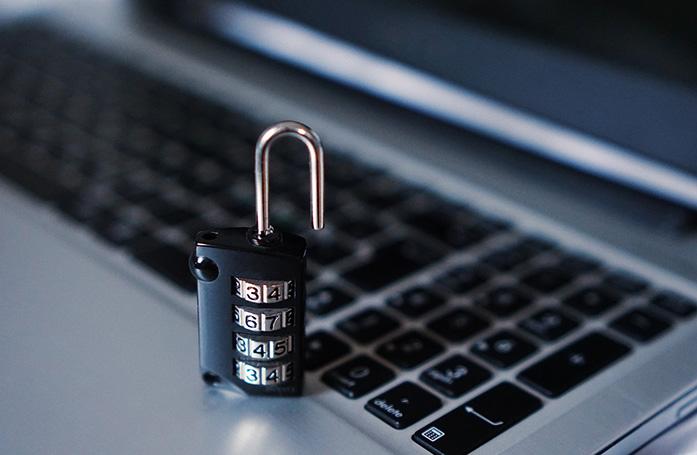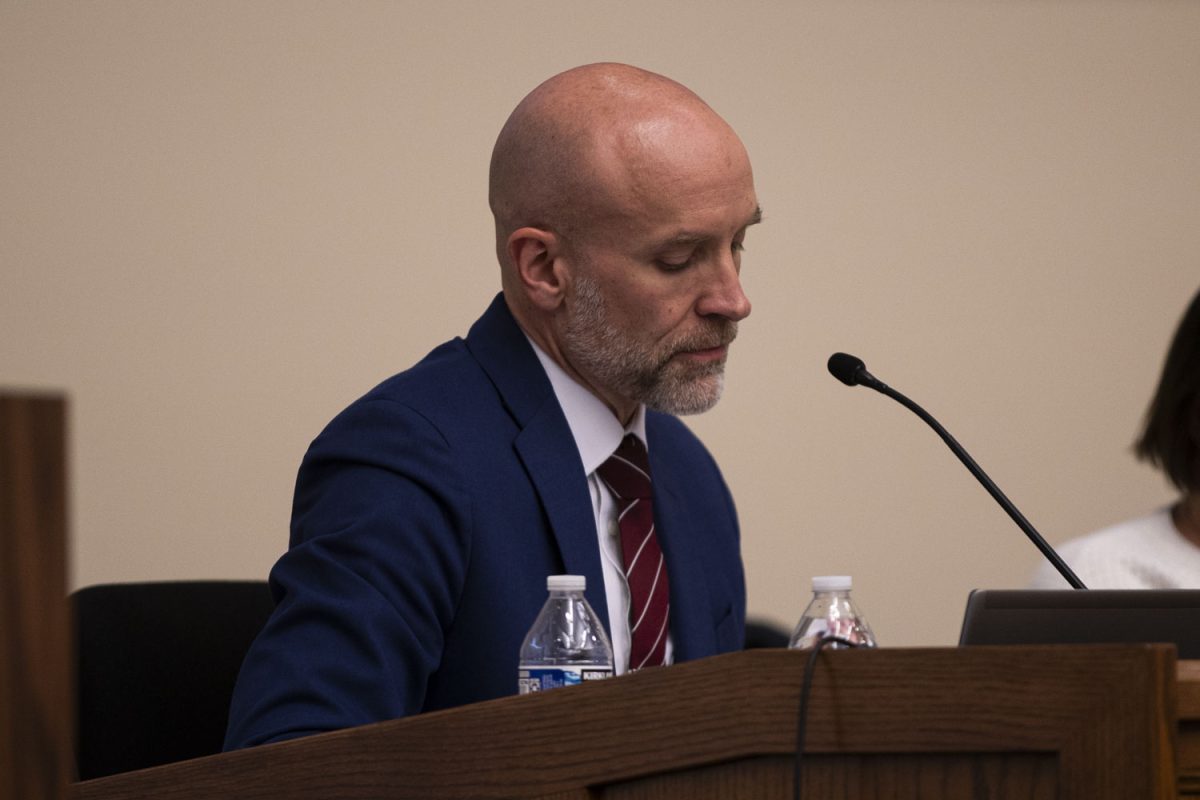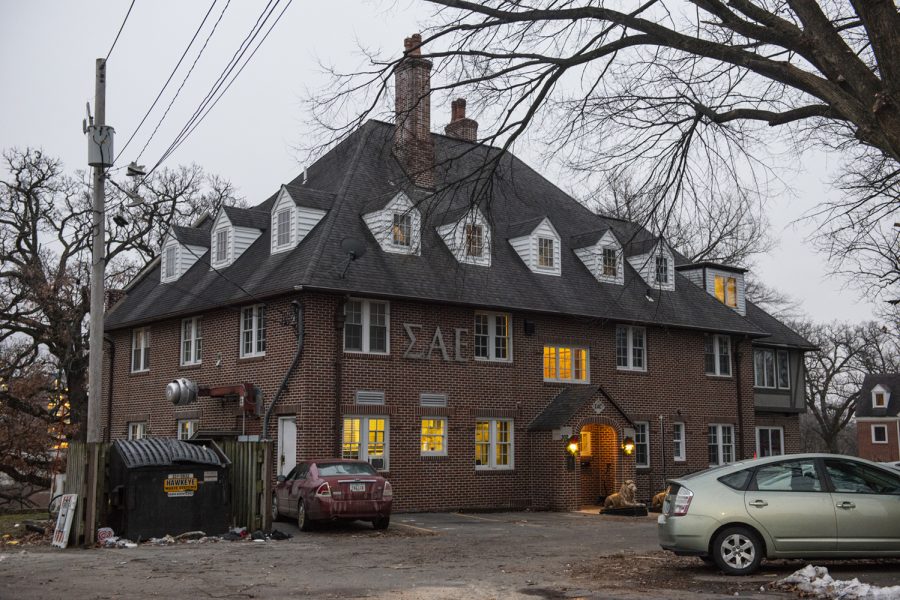By Kayli Reese
New software called L8NT has been developed in Iowa City to better ensure public safety nationally.
Police Officer David Schwindt, the founder of L8NT, said this new software would be exclusively sold to law enforcement and would locate stolen items connected to WiFi, such as phones, tablets, laptops, televisions, and gaming systems.
L8NT has been in the works for two years, he said, and is going through the sales cycle. A total of 29 agencies have tested the technology across the country.
Schwindt said before L8NT was an option, officers would have to be on scene to try to locate stolen items. Now, he said, L8NT can be installed in a police car, and the software will scan wireless networks in the area.
The software detects WiFi signals and matches them to the ones put on a list of stolen devices. If the signals match, an officer is alerted. L8NT starts up automatically with Windows when an officer is in a police car, making the device completely hands-free unless a stolen item is detected.
Jeff Bromberger, a developer of L8NT, said Schwindt contacted him to help with the creation of the software — Bromberger has had a computer consulting business for 17 years.
A main focus of the software, he said, is to create a cost-affordable product for officers to use. Before L8NT, he said, the process of having a computer scan for stolen items was expensive.
“We were looking to develop something cheaper, because we knew it would be in every [police] car,” Bromberger said.
Schwindt said in most cases, this type of technology would be around $600 per squad car, but the goal of those behind L8NT is to lower the cost to $40.
Also, Bromberger said, an agency using L8NT can be connected with not only every car in its police department but other law-enforcement agencies across the country. For example, if an item is stolen in Miami, an officer using L8NT in New York can find the item and Miami will be notified.
“Only 3 percent of stolen laptops recovered, and one is stolen every 53 seconds in America,” Schwindt said. “We’re failing terribly [at recovering these items], because we didn’t have the tools until now,”
L8NT will increase the recovery of stolen items and, Bromberger said, hopefully, will discourage thieves from stealing items.
In a discussion of privacy, Schwindt said L8NT technology both ignores signals not placed on a missing items list and does not show an officer data on the user’s activity on a device. If it did, he said, it would be a Fourth Amendment violation in the form of wiretapping. The purpose of L8NT is to locate stolen items, he said, not track devices or people.
Iowa City police Sgt. Scott Gaarde said the Iowa City police are excited to see L8NT continue to grow.
“Anytime there is a product developed that can be used to help victims of crimes, we are certainly supportive,” he said. “But to have one of our officers involved certainly makes it more exciting, and [we] look forward to seeing the benefits of software not only locally but nationally.”







